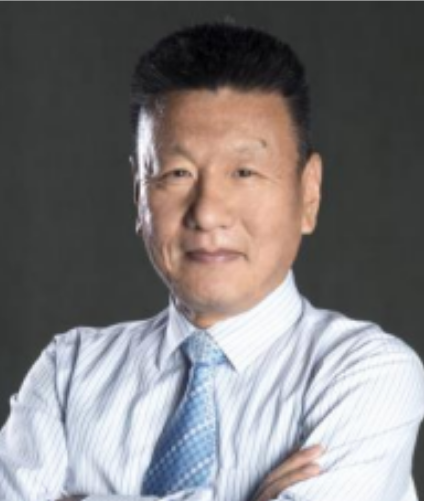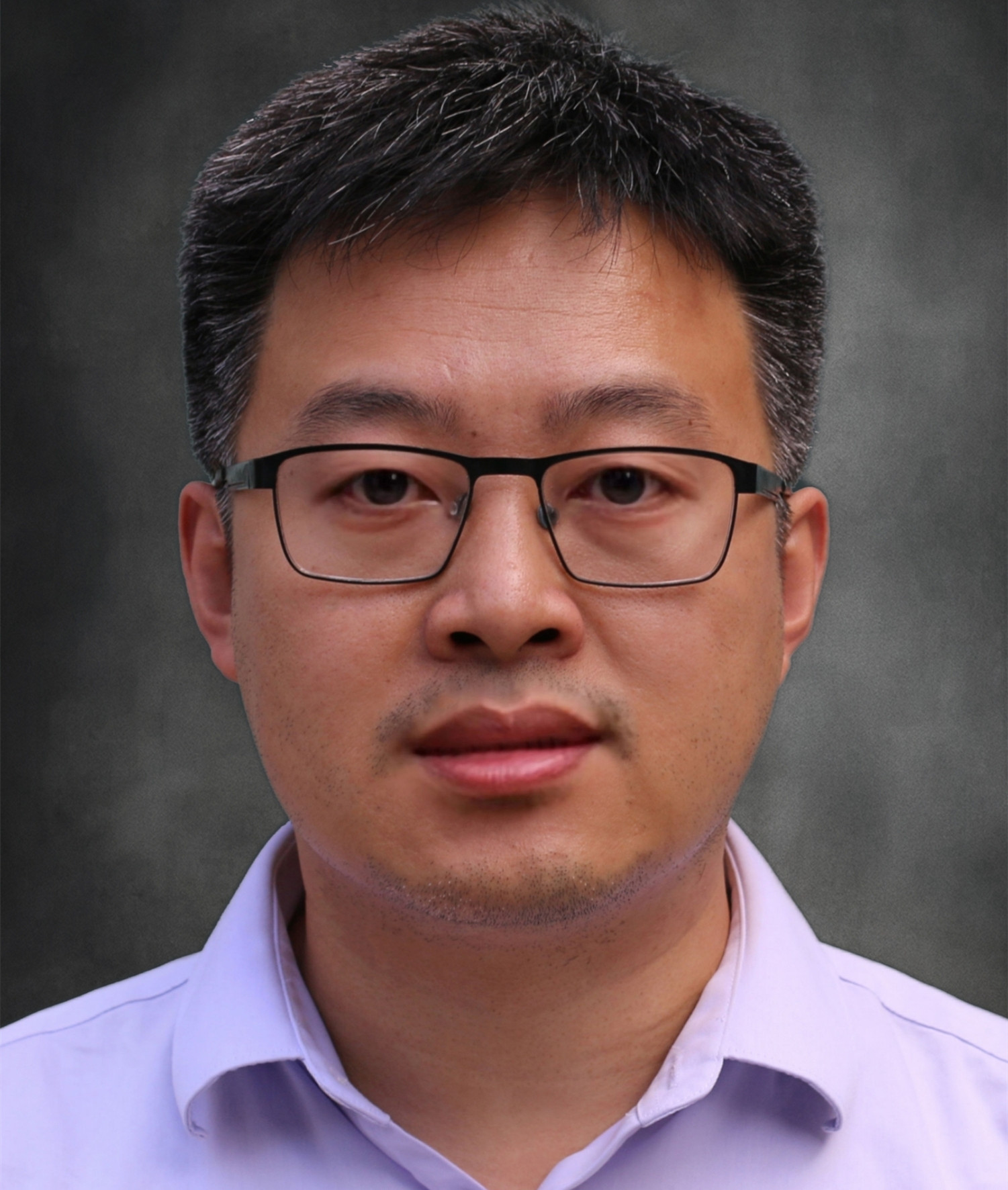
Prof. Zhu Han
ACM Distinguished Lecture
IEEE/AAAS Fellow
(ACM会士/杰出讲师; IEEE 会士;
美国科学促进会会士)
University of Houston, USA
美国休斯顿大学
Biography:
Zhu Han received the B.S.
degree in electronic engineering from Tsinghua University,
in 1997, and the M.S. and Ph.D. degrees in electrical and computer
engineering from
the University of Maryland, College Park, in 1999 and 2003,
respectively. From 2000
to 2002, he was an R&D Engineer of JDSU, Germantown, Maryland. From 2003
to
2006, he was a Research Associate at the University of Maryland. From
2006 to 2008,
he was an assistant professor at Boise State University, Idaho.
Currently, he is a John
and Rebecca Moores Professor in the Electrical and Computer Engineering
Department as well as in the Computer Science Department at the
University of
Houston, Texas. His research interests include wireless resource
allocation and
management, wireless communications and networking, game theory, big
data
analysis, security, and smart grid. Dr. Han received an NSF Career Award
in 2010, the
Fred W. Ellersick Prize of the IEEE Communication Society in 2011, the
EURASIP Best
Paper Award for the Journal on Advances in Signal Processing in 2015,
IEEE Leonard
G. Abraham Prize in the field of Communications Systems (best paper
award in IEEE
JSAC) in 2016, and several best paper awards in IEEE conferences. Dr.
Han was an
IEEE Communications Society Distinguished Lecturer from 2015-2018, AAAS
fellow
since 2019, ACM distinguished Member since 2019 and ACM distinguished
speaker
2022-2025. Dr. Han is a 1% highly cited researcher since 2017 according
to Web of
Science. Dr. Han is also the winner of the 2021 IEEE Kiyo Tomiyasu
Award, for
outstanding early to mid-career contributions to technologies holding
the promise of
innovative applications, with the following citation: "for contributions to game theory
and distributed management of autonomous communication networks."

Prof. Haijun Zhang | 张海君教授
(IEEE Fellow, IET Fellow, Distinguished Lecturer of IEEE)
IEEE会士, IET会士, IEEE通信学会杰出讲师
University of Science and Technology
Beijing, China
北京科技大学
Biography:
Haijun Zhang is currently a Full Professor and Associate Dean in School
of Computer and Communications Engineering at University of Science and
Technology Beijing, China. He was a Postdoctoral Research Fellow in
Department of Electrical and Computer Engineering, the University of
British Columbia (UBC), Canada. He serves/served as Track Co-Chair of
VTC Fall 2022 and WCNC 2020/2021, Symposium Chair of Globecom'19, TPC
Co-Chair of INFOCOM 2018 Workshop on Integrating Edge Computing,
Caching, and Offloading in Next Generation Networks, and General
Co-Chair of GameNets'16. He serves/served as an Editor of IEEE
Transactions on Communications, and IEEE Transactions on Network Science
and Engineering. He received the IEEE CSIM Technical Committee Best
Journal Paper Award in 2018, IEEE ComSoc Young Author Best Paper Award
in 2017, IEEE ComSoc Asia-Pacific Best Young Researcher Award in 2019.
He is a Distinguished Lecturer of IEEE and a Fellow of IEEE.
Speech Title: Energy Efficient 6G Resource Optimization and Management (Speech Abstract)
